We recently connected with Joanna Abramo and have shared our conversation below.
Let’s take a small detour – maybe you can share a bit about yourself before we dive back into some of the other questions we had for you?
I started my career in public schools. First, I was in the classroom, then in the administrative offices. In administration, I oversaw classroom teachers and clinicians and set policy, and suddenly I saw how the sausage was made. I know the blind spots teachers and administrators have, how students with unique needs can sometimes slip through the cracks, and too often, people simply don’t know where their gaps in knowledge are. We all make mistakes, especially in situations where we are overworked, understaffed, and may not have the necessary training.
That’s why when I first started my own business, I knew I could help individual students directly through coaching. I had practical experiences to draw on, and understood how certain students could be overlooked. And I knew how parents could avoid those pitfalls that are so common. Knowing how to navigate these complex systems is half the challenge. Because I served as part of that machinery, I understand how to get those systems working.
But I realized I could go further. I realized that with just a little bit of help, the teachers and administrators can change the course of many students. Not every teacher is going to be a neurodivergent specialist. They are not all going to have the expertise in ADHD and autism that I’ve cultivated through two decades of education and practice. But if I could distill the most important lessons into succinct programs for general education teachers, a lot more students would benefit. So I created a program that combines classroom assessments, in-person or remote instruction, and supportive consultation to assist educators in gaining the essential skills required to support their neurodivergent students. The results have been amazing. Student outcomes have improved. Parents and other stakeholders are happy with the changes. And administrators report back that their staff are excited and enthusiastic about the programs and often ask to extend their commitments.
This success in the education sector led me to realize there are also many neurodivergent individuals who have the same needs in their workplace. So this year, I launched a program tailored to helping employers better address the needs and provide support for their neurodivergent employees. ADHD and autism can act like superpowers in the workplace. Neurodivergent individuals have been shown to have incredible creative and problem-solving skills, and can perform above neurotypical peers, as long as their workplace is supportive of their unique needs. Training managers to support their neurodivergent employees offers some of the best return on investments of any training program for businesses, and more importantly, for the individual employees who benefit from receiving the proper support.
All of my work has really been focused on helping people, regardless of their situation. Helping people is the core of my business and my mission.
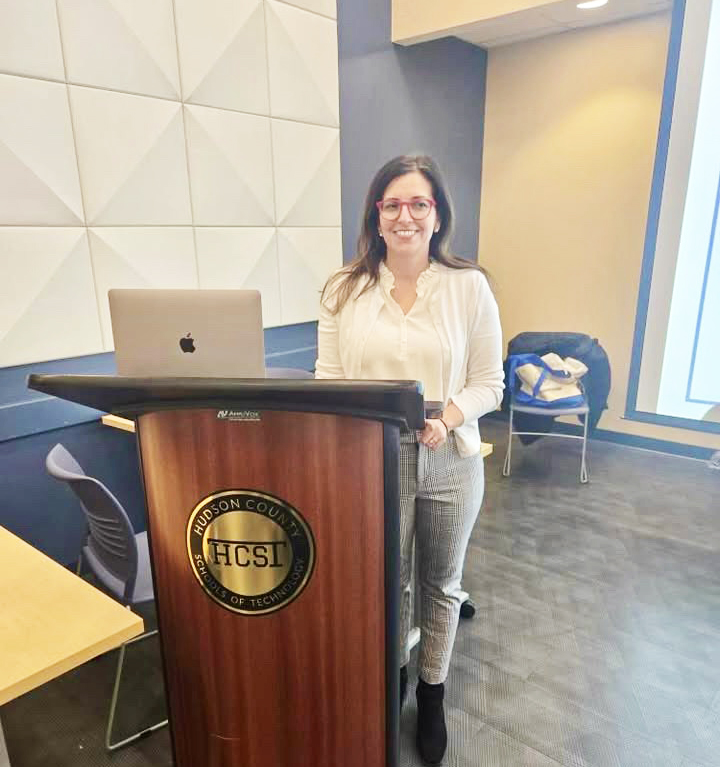
There is so much advice out there about all the different skills and qualities folks need to develop in order to succeed in today’s highly competitive environment and often it can feel overwhelming. So, if we had to break it down to just the three that matter most, which three skills or qualities would you focus on?
I bring practical experience to every seminar and training session I teach from every perspective. I’ve been a classroom teacher working with neurodiverse students, an administrator overseeing programs for students with unique needs, and I understand neurodiversity from the perspective of personal experience. Having first-hand experience has helped me understand how important practical examples are for helping train professionals.
If I tell a teacher why a student with underdeveloped executive function skills needs a certain kind of support, that’s less informative than illustrating with a case study or scenario drawn from real life. Since I have worked in the classroom and because of close family members with neurodivergence, I have seen how small things make a big difference.
In private sector businesses, people want to see results in financial terms. Let’s say that I’m training the management team for a marketing agency. It’s more effective to explain that a neurodivergent graphic designer will work faster and produce more creative work if their basic needs are met, because a manager can understand the value of time and how that generates more revenue. Maybe that just means they need a quiet place to work that’s not in the middle of an open office. For the price of providing them a little privacy, the agency gets an employee who produces more, ends up happier and more fulfilled, and the cost there is really very minimal.
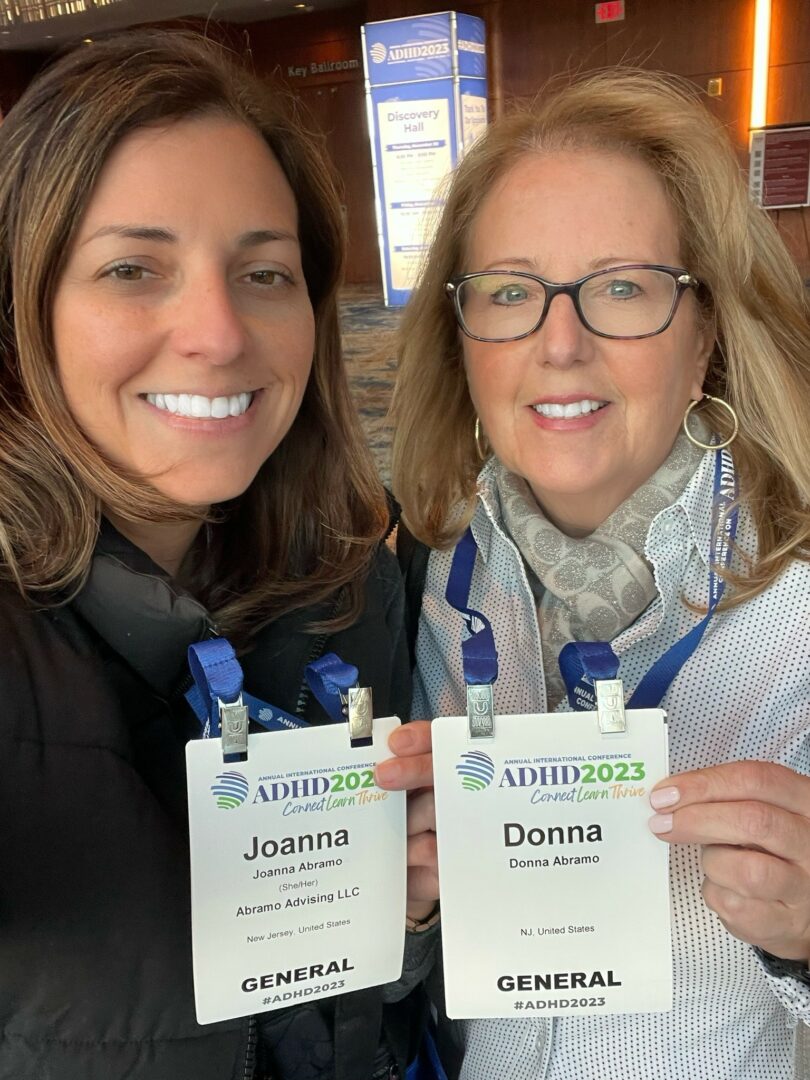
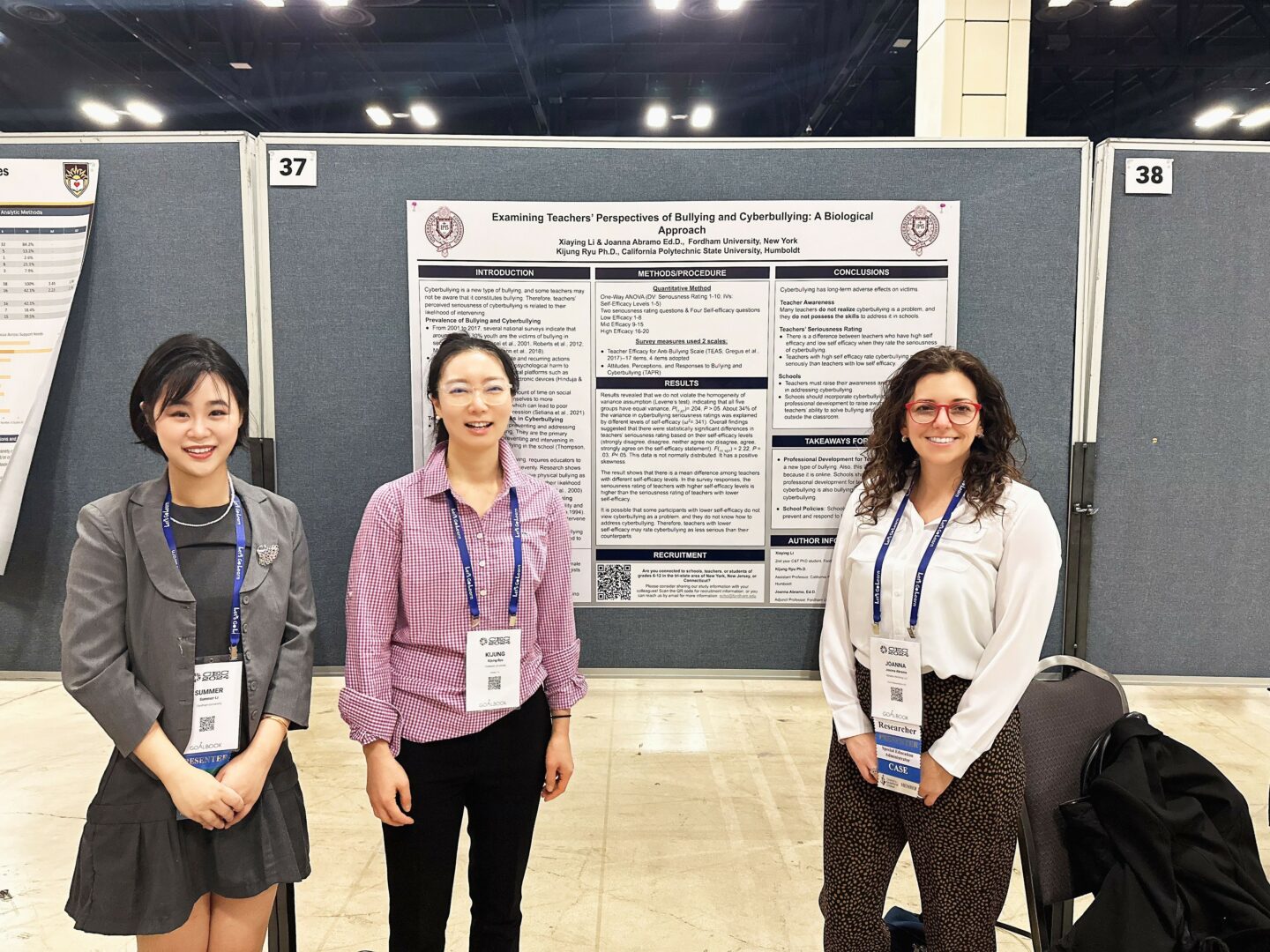
Contact Info:
- Website: https://www.abramoadvising.com/
- Instagram: https://www.instagram.com/dr.jo.abramo/
- Facebook: https://www.facebook.com/abramoadvising
- Linkedin: https://www.linkedin.com/company/abramoadvising/
- Twitter: https://x.com/AbramoEd
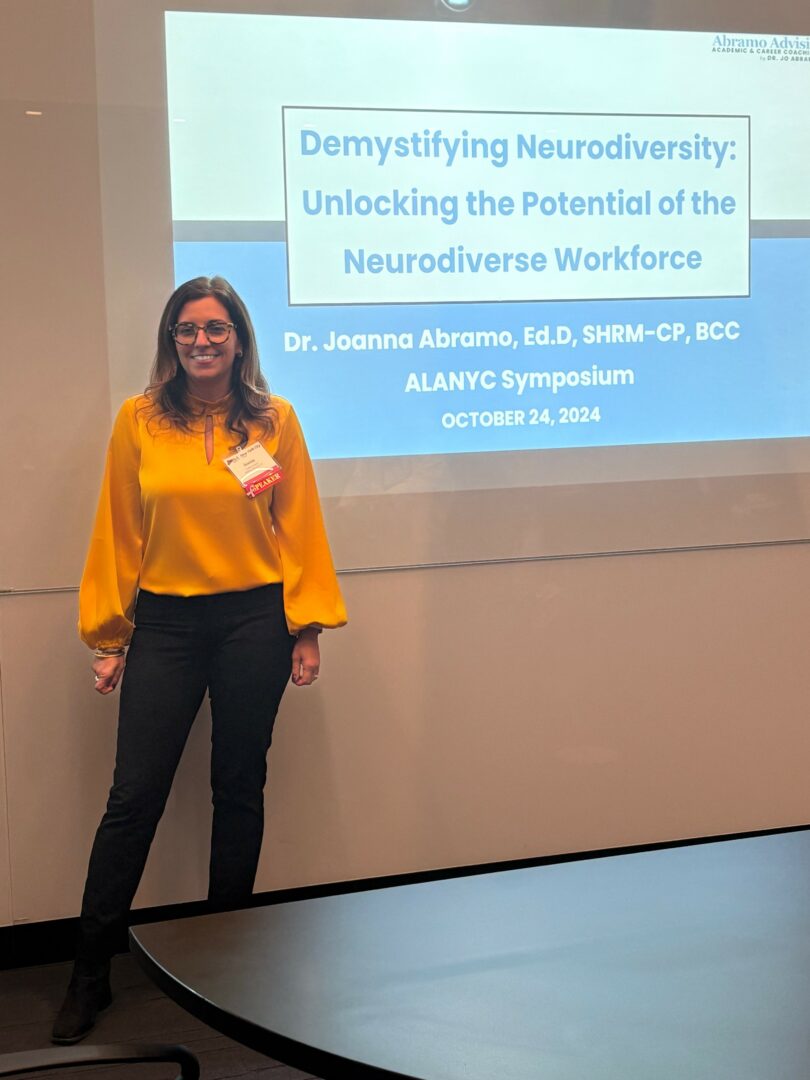
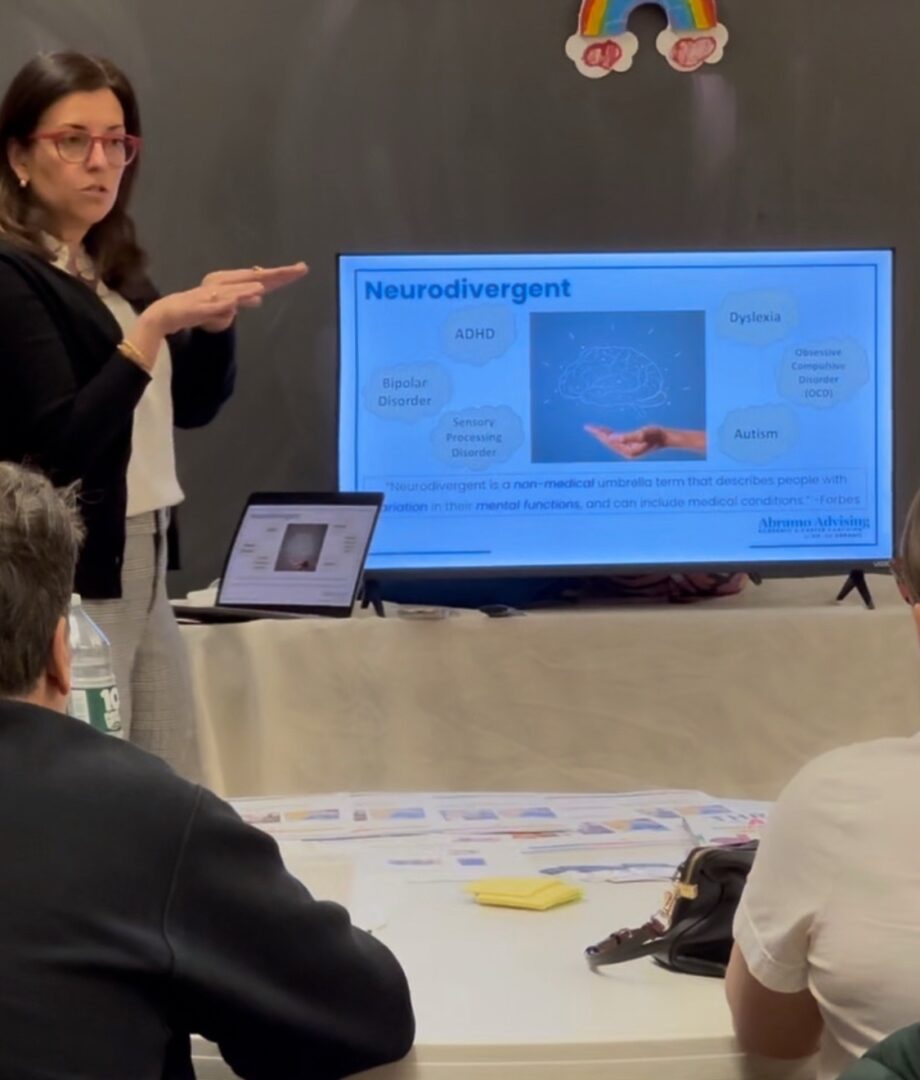
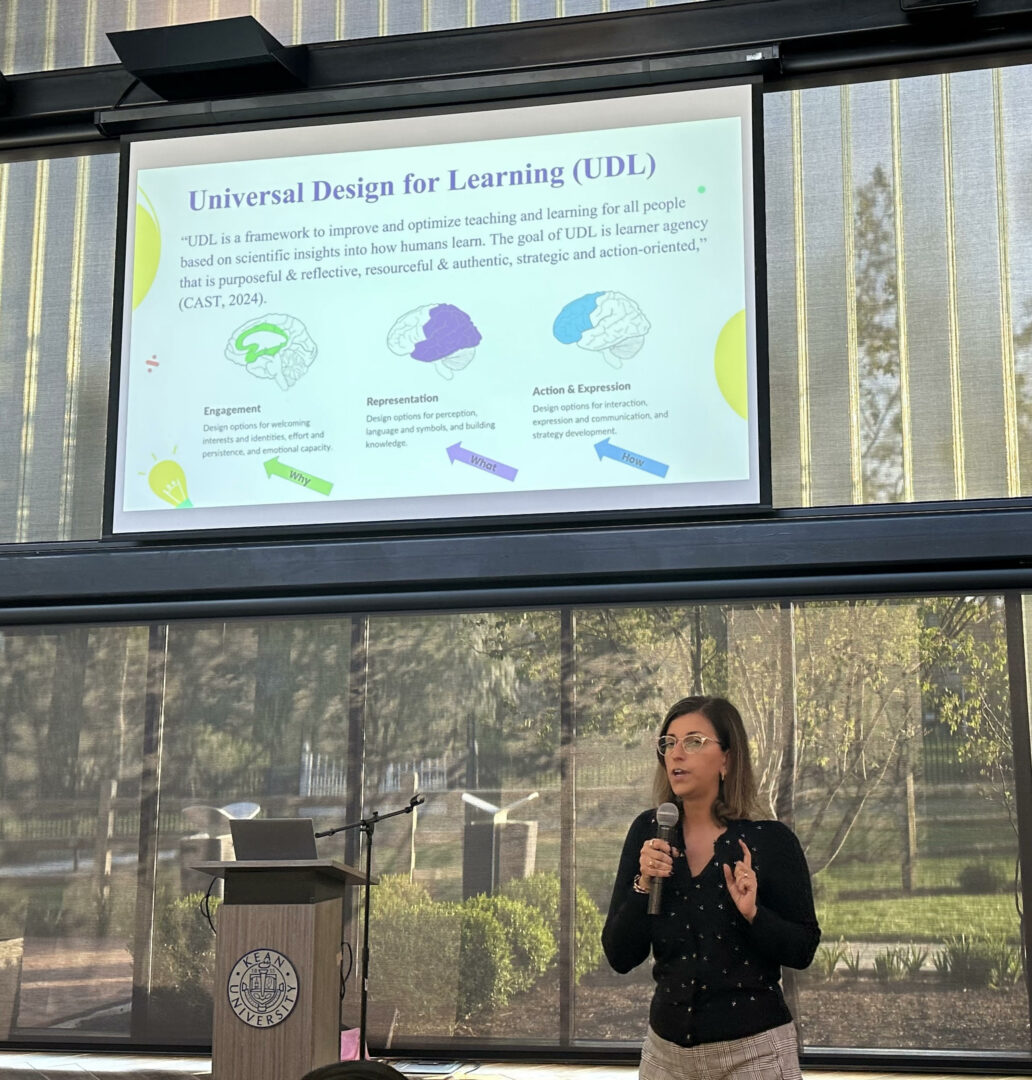
Image Credits
Photos Courtesy of Joanna Abramo
so if you or someone you know deserves recognition please let us know here.




